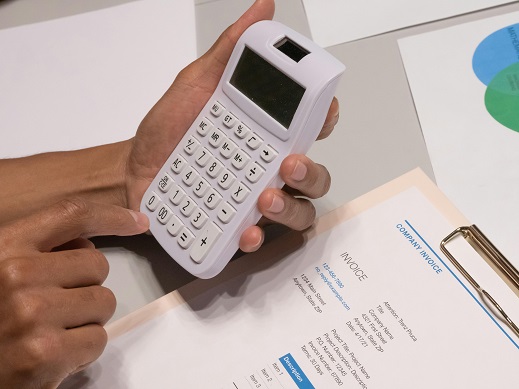According to Polish VAT law a taxpayer is entitled to reduce the amount of VAT due by the amount of input VAT to the extent that goods and services are used to perform taxable activities.
The taxpayers also have the right to reduce the amount of VAT due by the amount of input tax if the imported or acquired goods and services concern the delivery of goods or the provision of services by the taxpayer outside Poland, if these amounts could be deducted if these activities were performed in Poland and the taxpayer has documents showing the connection of the deducted tax with these activities.
As an exemption, the deduction of VAT in Poland does not apply to the purchased accommodation and catering services, except purchase of ready meals intended for passengers by taxpayers providing passenger transport services and accommodation services purchased for the purpose of their resale.
Additionally, invoices and customs documents do not constitute a basis for reducing the tax due and for the refund of the tax difference or the refund of input tax if e.g.:
1) the sale was documented by invoices or corrective invoices if the invoice was issued by a non-existent entity
2) the transaction documented by the invoice is not subject to taxation or is exempt from tax (…)
4) the issued invoices, corrective invoices or customs documents:
a) state activities that were not performed
b) amounts that are not in line with reality
These are general rules. The questions is whether the invoices must be stored in a paper form.
In a tax ruling 0114-KDIP1-3.4012.453.2024.2.KF dated 02.08.2024 the Director of the National Tax Information stated that the regulations regarding VAT deductions do not make the taxpayer’s right to deduct input tax dependent on the type of invoice (paper/electronic) or the form in which the taxpayer stores the received invoices.
However, proper storage of documents is necessary to ensure that the taxpayer does not lose the previously acquired right to deduct VAT in the event of a potential inspection by the tax authorities specified in Article 112a paragraph 4 of the Act, which authorities must have access to invoices received by the taxpayer in the manner indicated in that provision. The correctness of storing invoices is therefore verified as a rule by the tax authorities, which, based on the documents stored by the taxpayer, assess whether the taxpayer had grounds to reduce the amount of tax due in connection with the purchased goods and services.
Each case and system of storage may be different at different taxpayers, so applying for an individual tax ruling before moving exclusively to electronic storage is advisable.
Read more about our VAT Reporting Services

